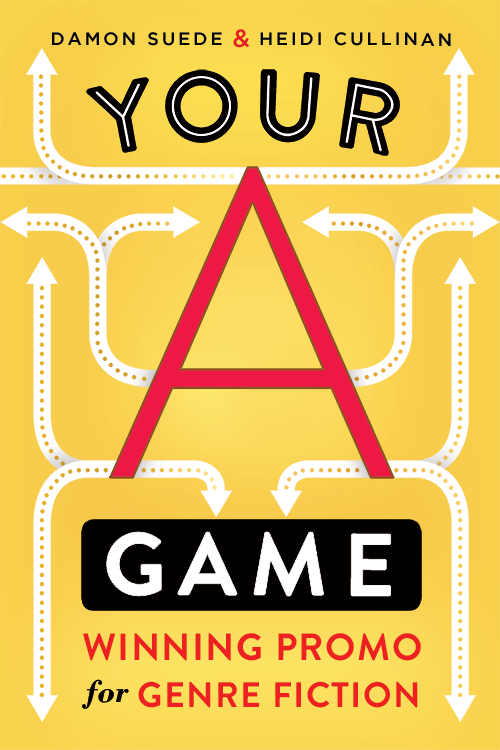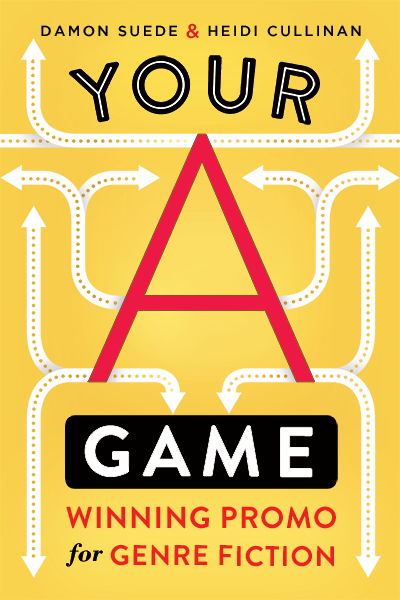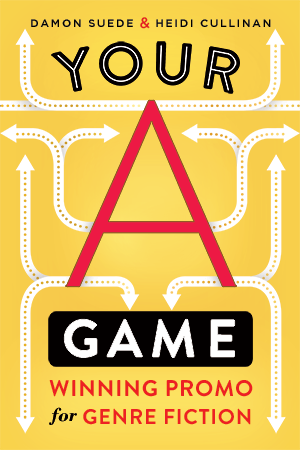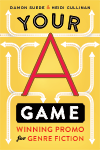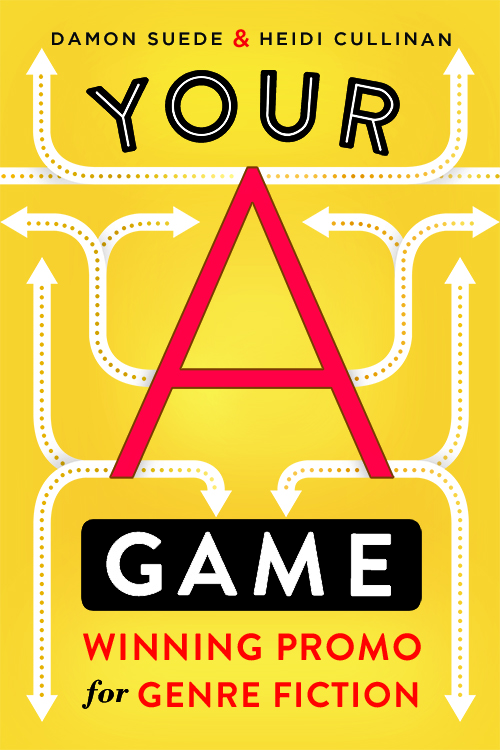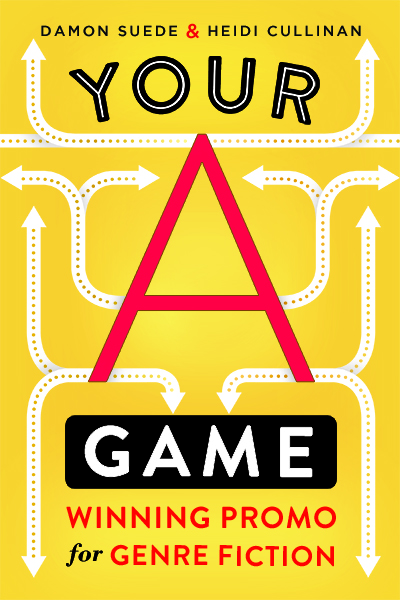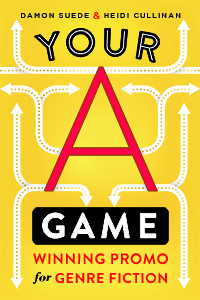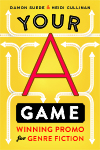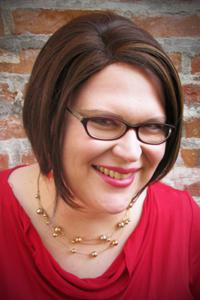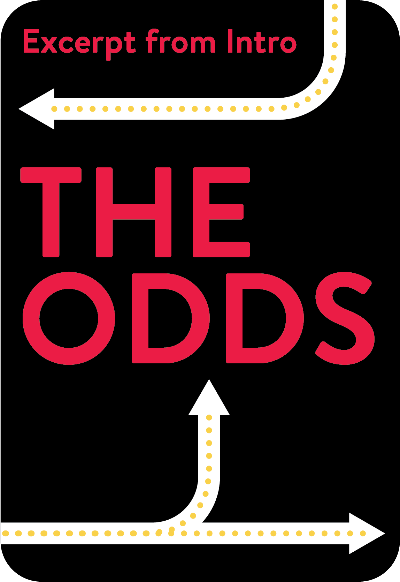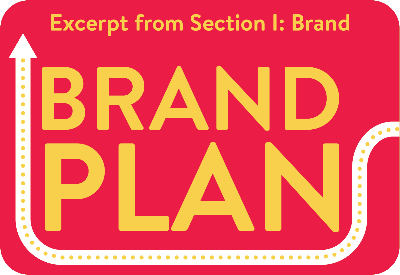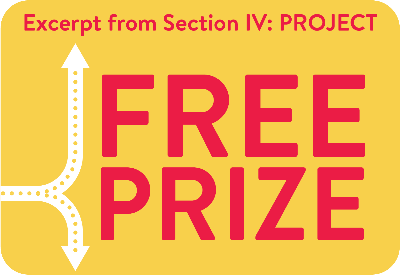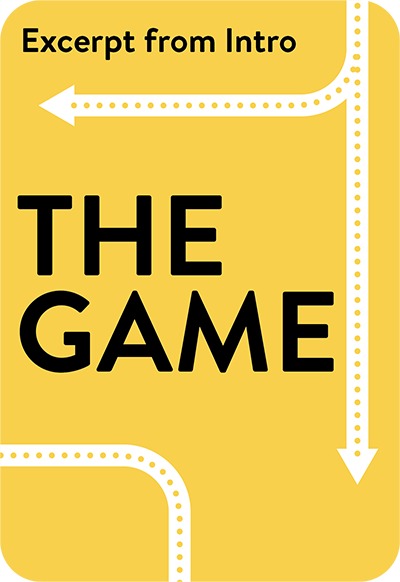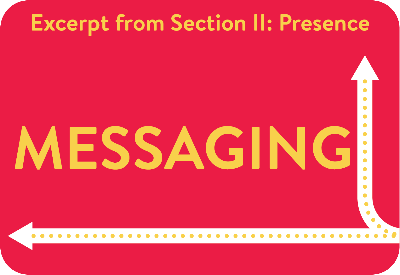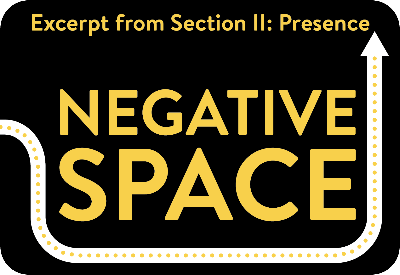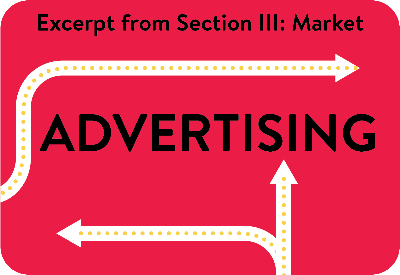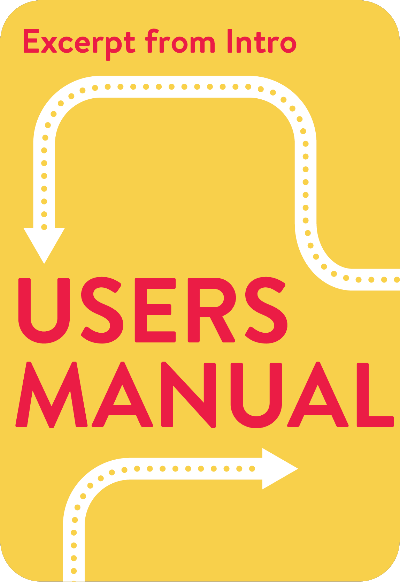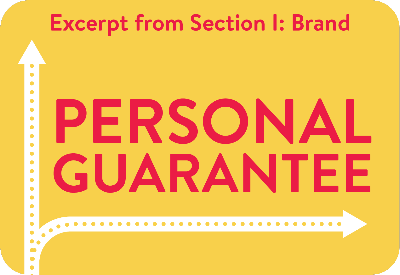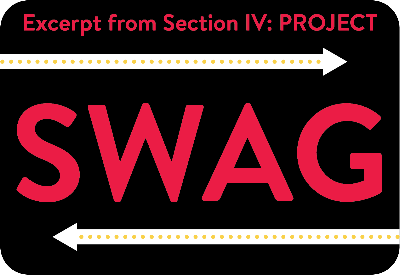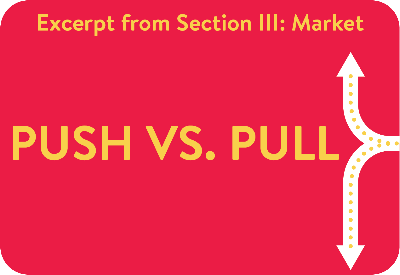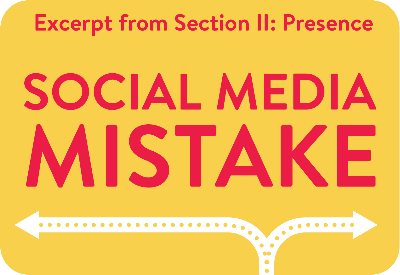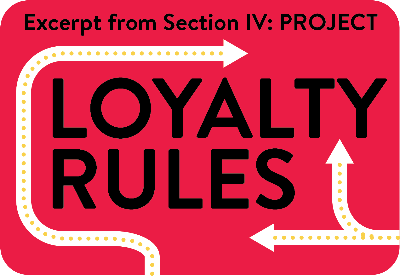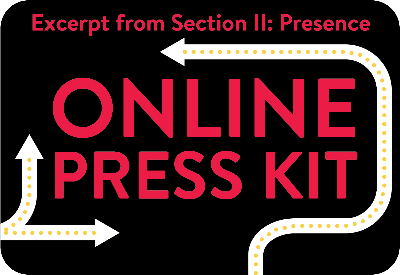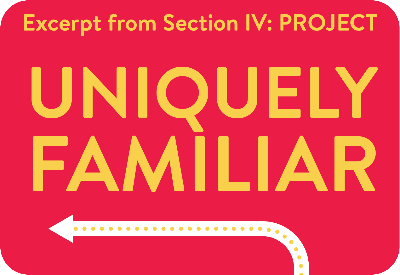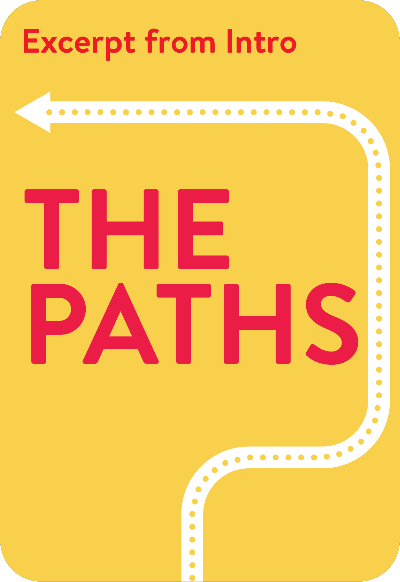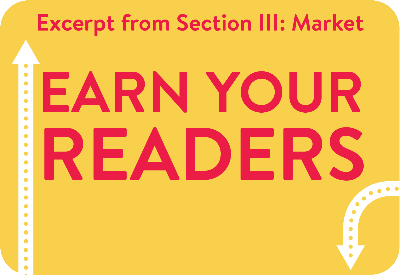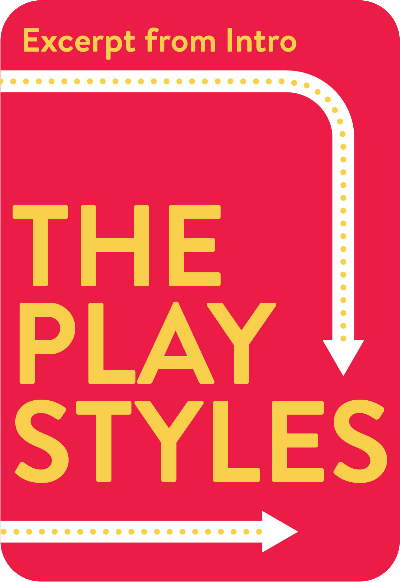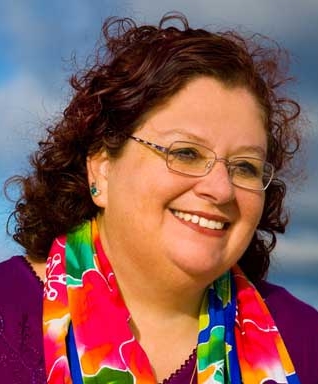DETAILS:
TITLE: Your A Game: winning promo for genre fiction
AUTHORS: Damon Suede & Heidi Cullinan
ISBN: 978-1-945043-01-7 (Epub)
ISBN: 978-1-945043-00-0 (Mobi/Kindle)
RELEASE: 30 June 2016 (Evil Mastermind, LLC)
CATEGORY: nonfiction writing/business reference
LENGTH: 144,000 words
COVER DESIGN: Phil Pascuzzo (Pepco Studios)
LOGLINE: Your A Game is a dynamic guide to genre fiction promo presenting a chooseable adventure and customized paths for authors at any level, leading to enjoyable, effective promo and long term success.
TAGLINE: your career should be fun
BRAND COLORS:
- Yellow #F8CF4B (RGB 248, 207, 75) (CMYK 3, 17, 82, 0)
- Red #ED1944 (RGB 237, 25, 68) (CMYK 0, 100, 73, 0)
BLURB:
Promoting genre fiction grows more competitive every day, yet no two authors or careers are alike.
Our solution: a chooseable adventure so you can pick the path toward the career you've always wanted. We offer a promo game plan tailored to your personal style, strategy, and measure of success.
Your A Game explains the tools and rules of kickass genre marketing to let you make your best next move. We break down the tricks and traps facing all novelists so you can:
- build your personal brand into a professional force.
- polish your public presence, online and in person.
- reach your ideal market and access your fans.
- raise each project to the next level.
Your career should be fun. Start playing Your A Game now.
DESCRIPTION: Your A Game is a guide to fiction promo built around the idea that genre publishing is an interactive, strategic game which authors, colleagues, and readers play together for fun and profit.
Your A Game is divided into four sections (Brand, Presence, Market, Project) with appendices, including exercises, checklists, and links to downloadable content on the A-game website. Rather than dictating a rigid set of instructions, the book examines the unique challenges of genre promo and proposes a strategy of authentic engagement and participation for long-term career success.
For maximum flexibility and contextual benefits, we structured the text of Your A Game as a hyperlinked chooseable adventure game with branching paths


